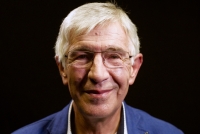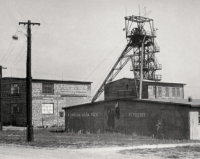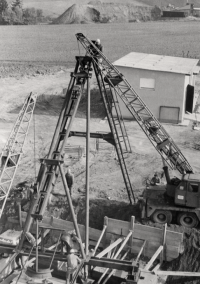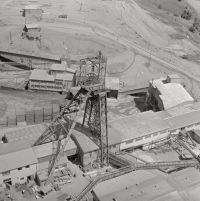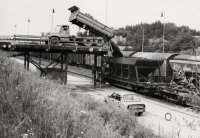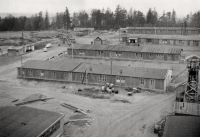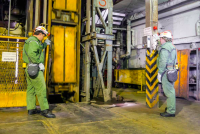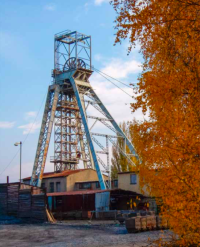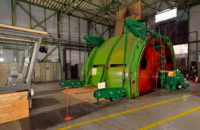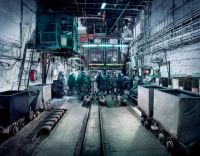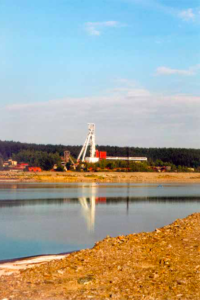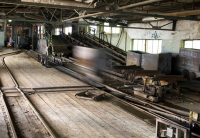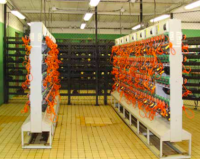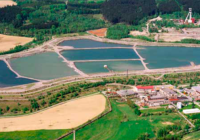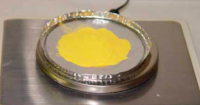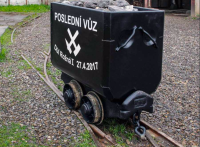No bastard placed in uranium mines lasted longer than a year
Josef Lazárek was born on November 19, 1952, in Brno. He started enjoying technical fields at grammar school, and later, while thinking about his next steps after graduation, the offer to represent Ostrava in soccer seemed to play a crucial role. This fact supported his decision to enroll in the Faculty of Mining and Geology at the Technical University in Ostrava. He received a scholarship from the company named Uranian mines Dolní Rožínka and began to specialize in search, mining, and processing of radioactive materials. After graduation, he started working at mines in Dolní Rožinka and moved to Nové město na Moravě. He recalls the mines as a free environment, where former prisoners alike with the graduated specialists could find their place. Uranium mining had been constrained by the package of inconvenient contracts concluded with the Soviet Union right into 1990. As such, all information concerning the mining was strictly confidential. The situation had changed with the fall of the totalitarian regime in Czechoslovakia, and Josef is content with the fact that from then on, uranium has been used for energetic purposes mainly. Due to the position of the main engineer, he later became the deputy director of the GEAM company (former Uranian Mines Dolní Rožínka), where he had served until its complete exploitation in 2017.
